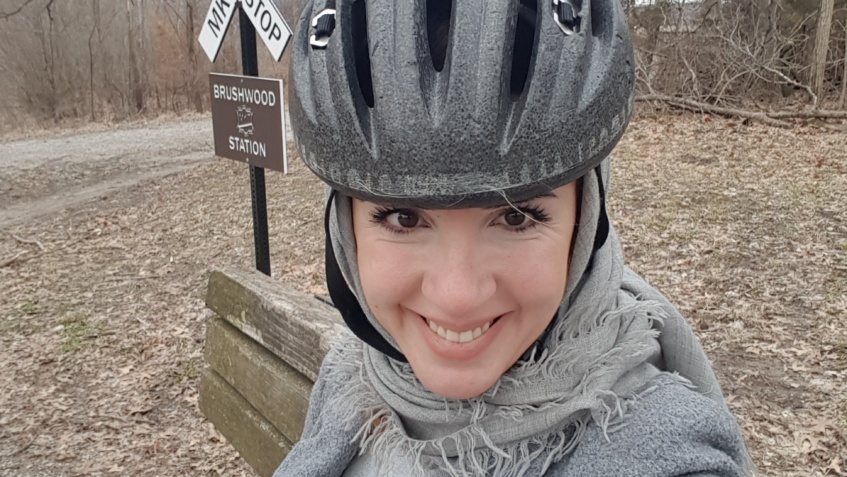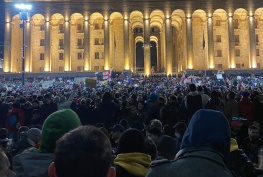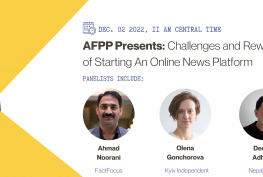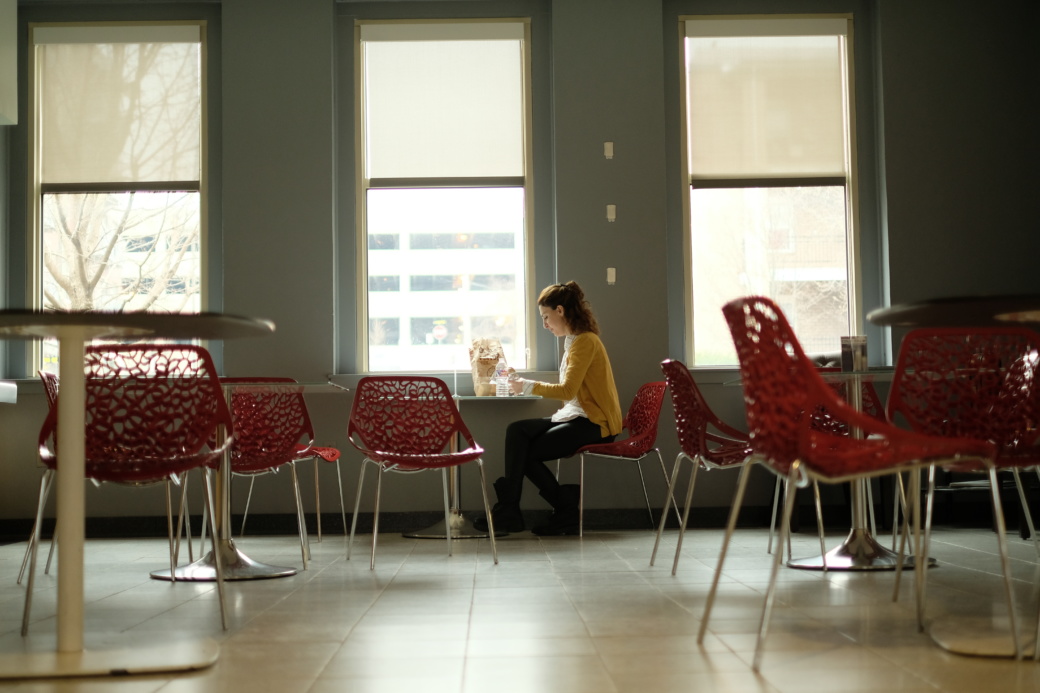
By Khatia Shamanauri |
One month into my journalism fellowship program, I’m writing this post while quarantined in a hotel room back home in Georgia instead of working in the newsroom of the Star-Tribune in Minnesota.
The coronavirus outbreak changed my life, and everyone’s lives, in every part of the world. The global pandemic forced Alfred Friendly Press Partners to suspend the six-month fellowship program in April and start sending us home when possible.
Many countries closed borders and restricted flights due to the outbreak. I was lucky enough to get a seat on a repatriation flight arranged for Georgian exchange visitors stuck in the United States.
It turned out that going back to Tbilisi become another headache. At this point in time, I’ve spent two full days inside a 26 m² room — with 12 more days of forced quarantine ahead of me.
I expected it to be very tough, but I decided to plan my days here with learning in mind. The good news is that the training sessions originally scheduled to take place in classrooms at the Missouri School of Journalism were moved online rather than canceled, and actually extended. So I joined the classes via video conferences on Zoom every day.
I spent only four weeks in the U.S., and didn’t get to work in an American newsroom for five months as planned. But even though it was a short period, the experience taught me a lot.

Firstly, I had a unique opportunity to attend very interesting and helpful training sessions. I was particularly interested in data journalism and data visualization classes as I had no previous experience in these areas.
Professor Scott Swafford taught us how to use Excel spreadsheets in our reporting, lessons usually learned in a computer lab, and I thought it would be very challenging to learn this skill online. But I did. At every step in the class, Scott asked this question: “Is everybody with me?” I was happy and proud to be able to answer “yes!”
I was also thrilled to discover a number of tools journalists can use in investigative reporting. I started to play around with those tools and I have found a good deal of information about my country. I plan to process all these materials during my quarantine time.
Unfortunately, I did not have an opportunity to explore the U.S. After the university closed, my trips were limited to short walks from our house near campus to the pharmacy and the grocery store.
However, I am happy that I was able to meet, in person, the heads of our fellowship program. They told me and the other five international reporters in the program that we were not just their Fellows, but we had become members of their family. A felt this attitude every day when they were trying to make us feel safe and happy to the best of their ability.
Despite all the difficulties, challenges and stress that the Covid 19 outbreak has brought to us, there are a lot of things we have learned and enjoyed during our short fellowship.
I didn’t manage to drink Starbucks coffee, but I was able to try American hamburgers, cooked on an outdoor gas grill by Program Director David Reed. He was always ready to organize a farewell gathering for every departing fellow in our backyard, keeping social distancing, or course.
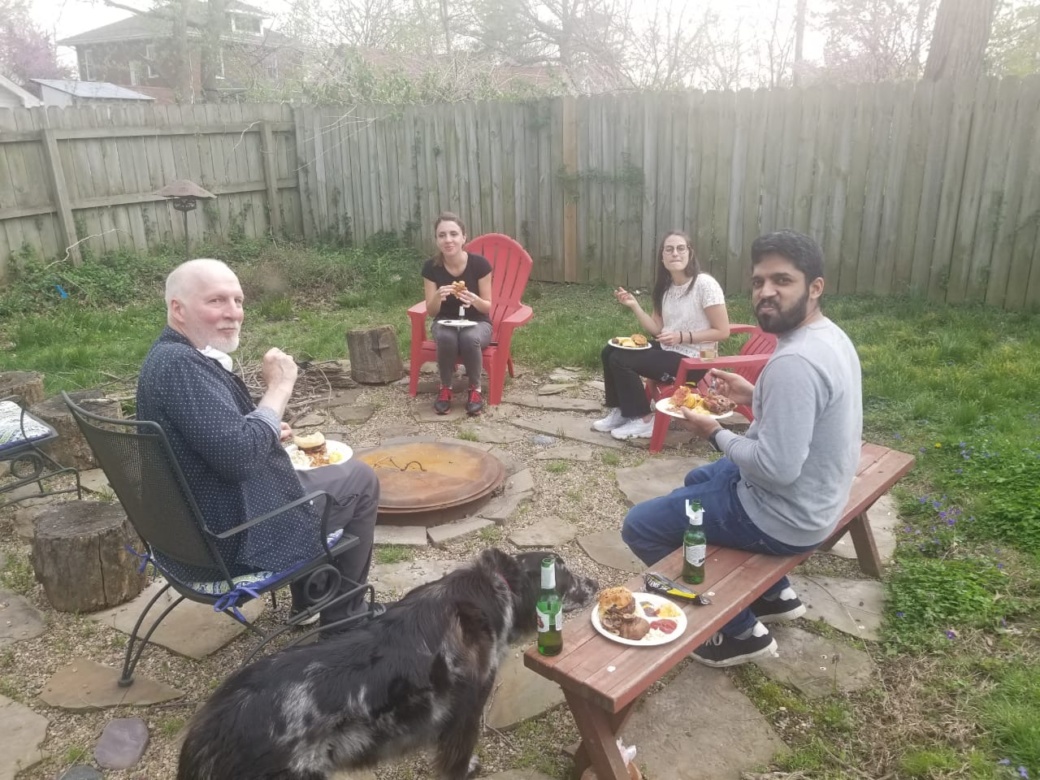
And I will never forget our 30-kilometer bike ride in the countryside, which made me barely able to walk for the next couple of days.
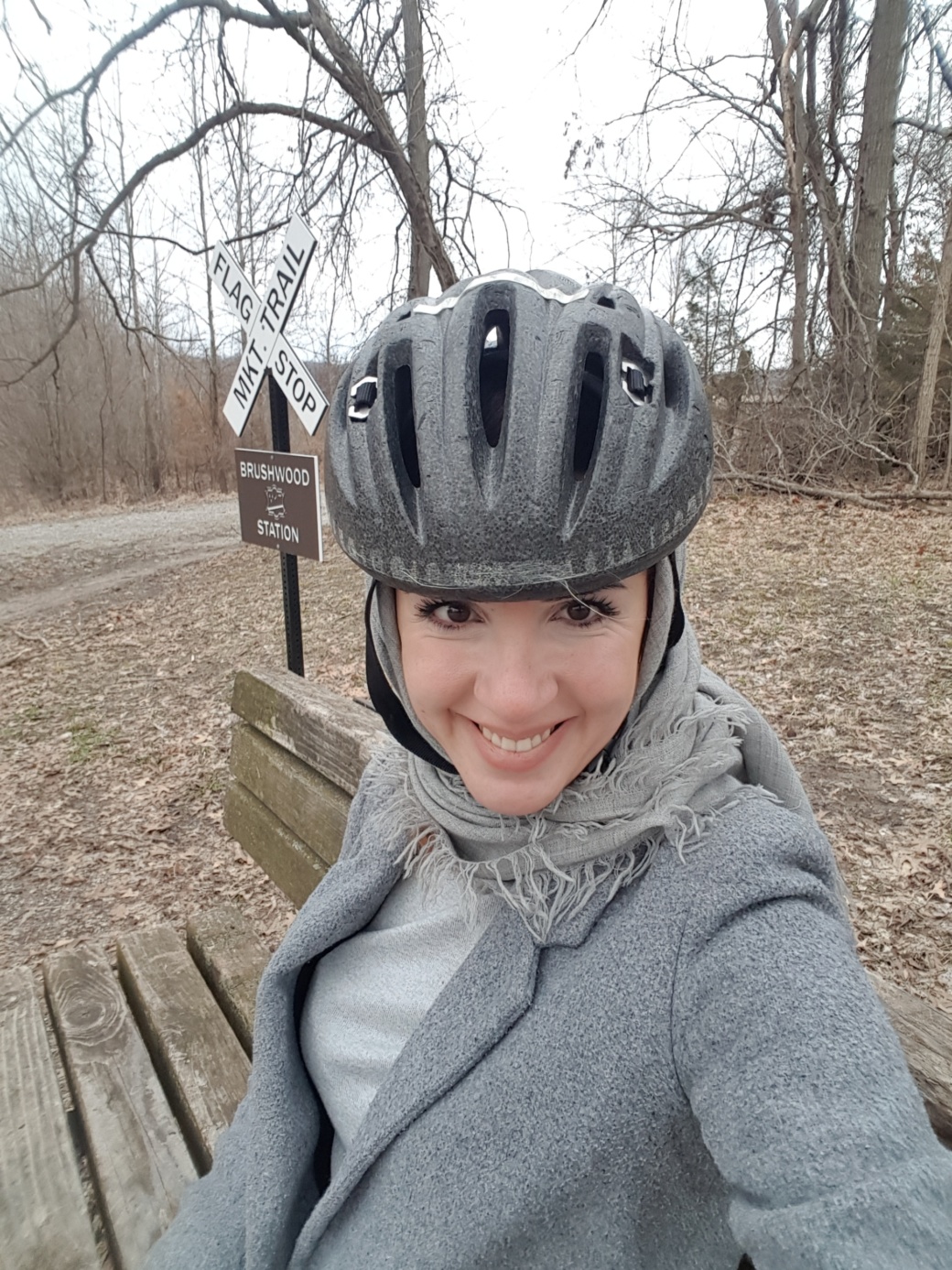
We have so much to remember about our experience together, but I still believe that the best is yet to come.

